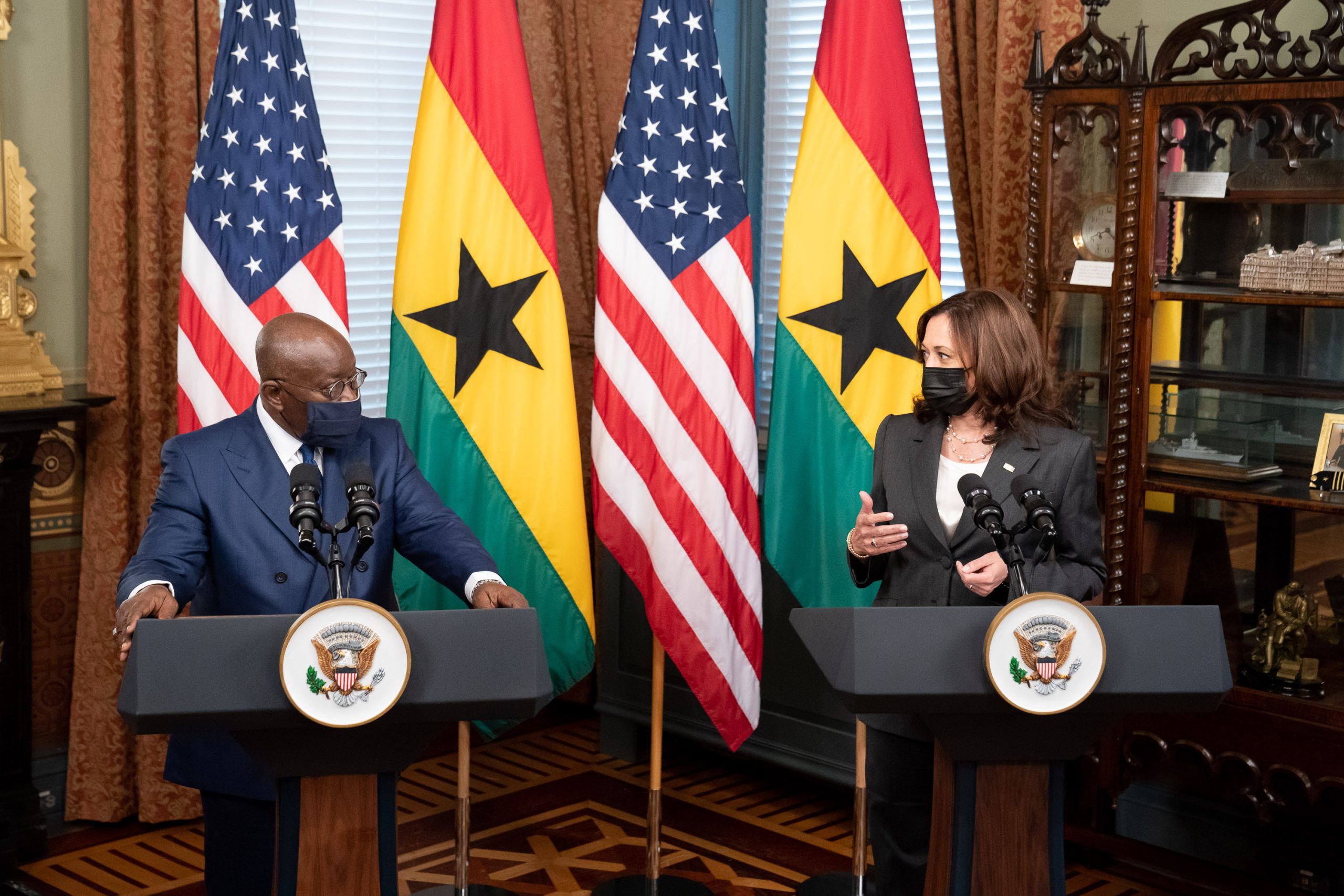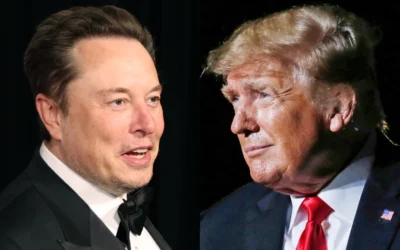Ghana, a beacon of democracy in West Africa with a rich history and growing economic influence offers an insightful case study of the transformation occurring in relationships between African nations and the West.
From colonial legacies to contemporary partnerships, Ghana’s interactions with Western nations reveal both challenges and opportunities in forging equitable and mutually beneficial alliances.
Enduring Colonial Links and the Drive for Self-Determination
As Britain’s former “Gold Coast” colony, Ghana’s history is deeply entwined with that of the West. While Ghana was the first sub-Saharan African nation to achieve independence in 1957, the legacies of colonialism continue to reverberate.
Economic dependence, particularly in extractive industries, and Western-dominated international organizations like the World Bank and the IMF constrain Ghana’s full economic sovereignty.

Yet, a growing desire to chart its own destiny drives Ghana’s foreign policy, seen in its active role within regional bodies like ECOWAS and a broader commitment to pan-African unity.
Economic Interdependence and the Changing Investment Landscape
Ghana maintains robust economic ties with traditional Western partners like the United Kingdom, the United States, and the European Union. Western companies play a significant role in key sectors like mining, oil and gas, and agriculture.
However, Ghana, like other African nations, is actively diversifying its economic relationships. The rise of China as a major investor, particularly through infrastructure projects like the Bui Dam, grants Ghana greater leverage in negotiating agreements and extracting better terms that prioritize local development and job creation.
Democracy Promotion, Governance, and Western Influence
Ghana’s reputation as a stable democracy in a region with a history of political turmoil attracts significant Western support. Aid programs and partnerships focus on strengthening institutions, promoting transparency, and bolstering civil society.
While these programs provide valuable support to Ghana’s democratic journey, Ghanaians are increasingly aware of a need to find homegrown solutions and resist the imposition of Western models.
Ghana’s recent rejection of a controversial security agreement with the US, dubbed by critics as a potential neo-colonial military pact, showcases this growing assertiveness.
The Ghanaian Diaspora and Evolving Cultural Connections
The large Ghanaian diaspora communities in the UK, US, and Canada form a vital link between Ghana and the West. Remittances sent by these diaspora communities back home make tangible contributions to Ghana’s economy.
On the cultural front, the global success of Ghanaian artists like Sarkodie and Stonebwoy alongside international recognition for Ghanaian writers like Ama Ata Aidoo underscores the flow of cultural influence in both directions.
Navigating complex issues like brain drain and balancing traditional values with those of Western host countries is an ongoing dynamic within this transnational relationship.
Looking Ahead: Challenges and Opportunities in Ghana-West Relations
Ghana’s evolving engagement with the West reflects a yearning for equitable partnerships, a determination to address lingering inequalities, and a commitment to finding its own path towards development.
Challenges remain, such as ensuring that resource extraction benefits Ghanaians fairly, resisting foreign interference in domestic affairs, and finding a balance between Western partnerships and Ghana’s own development priorities.
Opportunities abound as well, as Ghana positions itself as a regional leader, a champion of good governance, and a vibrant hub for innovation.
Ghana’s foreign policy demonstrates the complexities inherent in contemporary relations between Africa and the West. The desire to build on a shared history while transcending historical power imbalances is at the core of this evolving relationship.
For Western powers, navigating this landscape requires shifting from a domineering approach to a true partnership model – one that prioritizes Ghanaian leadership, acknowledges past wrongs, and promotes sustainable development alongside mutual respect


